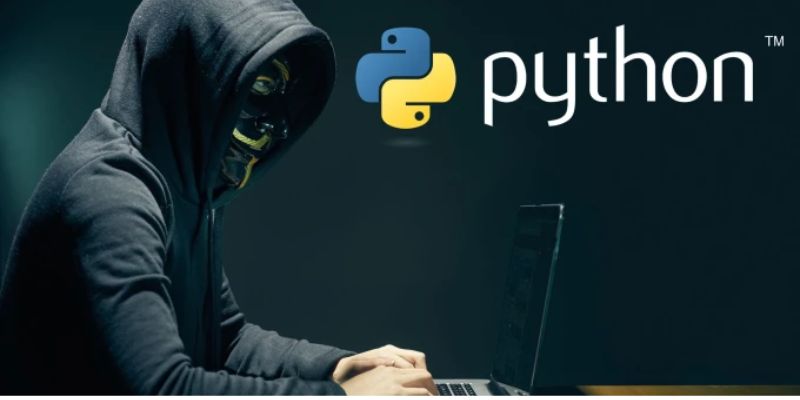
In the ever-changing cybersecurity world, maintaining one step ahead of bad actors is critical. Python, a flexible and strong programming language, has emerged as an indispensable resource for cybersecurity specialists. Its simplicity, clarity, and rich library support make it a top choice for anything from scripting to designing complex security systems. In this blog, we will explore Why is Python Essential in Cyber Security. Are you looking to advance your career in Python? Get started today with the Python Training in Chennai from FITA Academy!
Importance of Python in Cyber Security
Simplicity and Readability
One of the key reasons Python has gained popularity in cybersecurity is its simplicity and readability. The language’s clean syntax allows cybersecurity professionals to write concise and effective code, reducing the likelihood of errors. This is particularly important in the fast-paced world of cybersecurity, where quick responses and agile development are essential. Python’s readability also makes it easier for teams to collaborate on projects, facilitating efficient communication and problem-solving.
Rapid Prototyping and Development
Python’s versatility shines when it comes to rapid prototyping and development of security tools. Cybersecurity professionals often need to adapt quickly to emerging threats, and Python’s extensive standard libraries and frameworks enable the rapid creation of prototypes and tools. Whether it’s building custom scripts for network analysis or creating automated tools for vulnerability assessment, Python’s agility allows security teams to respond swiftly to evolving cyber threats.
Extensive Library Support for Networking and Security
Python’s strength lies not only in its core language features but also in its rich ecosystem of libraries. For cybersecurity professionals, the availability of libraries like Scapy, PyCrypto, and Requests can significantly streamline tasks related to networking, encryption, and web security. These libraries provide pre-built functions and modules that empower security experts to focus on high-level strategies rather than reinventing the wheel with every project. Learn all the Python techniques and become a Python Developer. Enroll in our Best Online Python Course.
Automating Mundane Tasks
Automation is a cornerstone of effective cybersecurity, and Python excels in automating mundane and repetitive tasks. Whether it’s monitoring logs, analyzing network traffic, or managing security alerts, Python scripts can handle these tasks efficiently. The ability to automate basic tasks saves time while also lowering the danger of human mistake, allowing cybersecurity experts to concentrate on more difficult and strategic parts of their work.
Scripting for Penetration Testing
Penetration testing, a crucial aspect of cybersecurity, involves simulating cyber-attacks to identify vulnerabilities in a system. Python’s scripting capabilities make it an ideal choice for penetration testers. Tools like Metasploit, which is written in Ruby, can be extended and customized using Python scripts. This flexibility enables cybersecurity professionals to tailor their penetration testing tools to specific scenarios and enhances the precision of their assessments.
Handling Big Data in Cybersecurity
As the volume of data in cybersecurity continues to grow business, the ability to process and analyze big data becomes paramount. Python, with libraries like Pandas and NumPy, offer powerful cybersecurity tools for handling and analyzing large datasets. This capability is invaluable for cybersecurity analysts who need to sift through extensive logs and identify patterns or anomalies indicative of potential security threats.
Python’s simplicity, versatility, and rich library support make it essential in cybersecurity. Professionals benefit from quick adaptability, task automation, and efficient penetration testing. Mastering Python is a crucial investment for fortifying digital defenses in the ever-evolving cybersecurity landscape. Looking for a career in Python? Enroll in this Advanced Training Institute in Chennai and learn about Python library and techniques from experts.
Read more: Python Interview Questions and Answers
